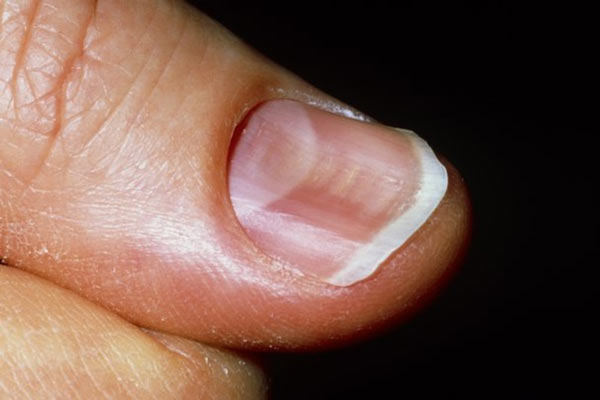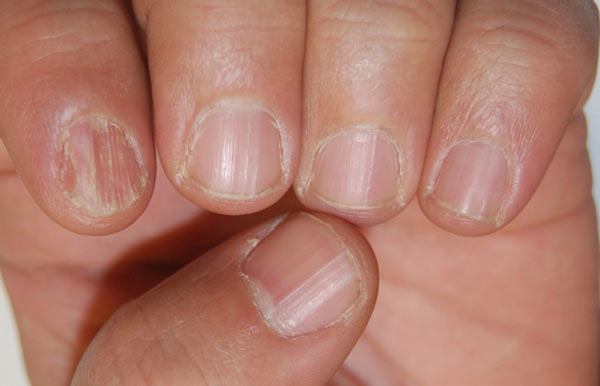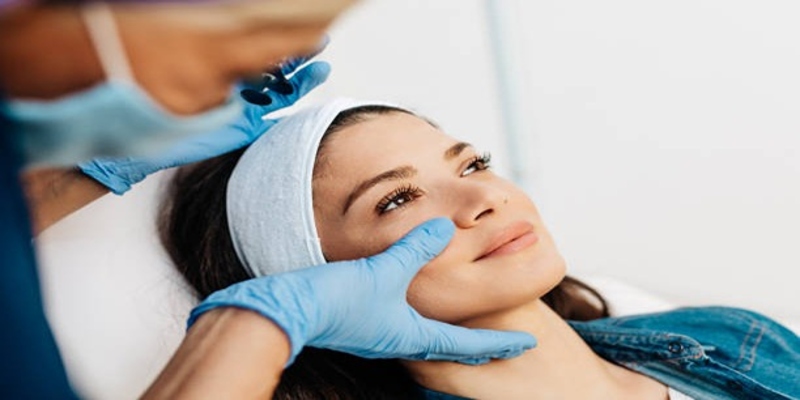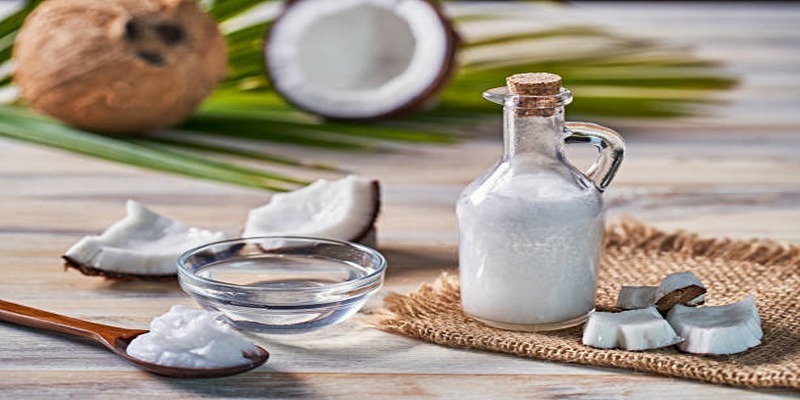Here’s How to Check Your Health Through Fingernails
Jan 12, 2024 By Madison Evans
In the realm of health indicators, your fingernails act as silent messengers. They unveil crucial insights into your overall well-being. These features are often overlooked. Yet they can offer subtle hints about potential health issues. From their color to texture, we will decode the messages your fingernails may be sending. When you comprehend what your fingernails communicate about your health, it empowers you to enact proactive measures.
Color Palette of Your Nails Can Unmask Underlying Issues
The protein called keratin composes fingernails, which vitalize the protection of fingertips. Despite serving a primarily practical role, they can also reflect the body's internal conditions through their appearance. Your nail color is more than just aesthetics. It serves as a pivotal indicator of your health. Typically, healthy nails show a pinkish hue. Any departure from this normal color may indicate an underlying issue.
- Pink Nails: A healthy circulation often results in pink nails.
- Pale Nails: Anemia or poor circulation could cause paleness.
- Yellow Nails: Fungal infections, psoriasis, or respiratory issues may be the culprit.
- Blue Nails: A sign of poor oxygen circulation, potentially indicating lung or heart problems.
- White Spots: Though often benign, these could indicate a zinc deficiency.
Recognizing potential health issues early on hinges on your ability to comprehend the subtle color variations.
What Does the Texture of Your Nails Tell You?
Beyond just color, the texture of your nails can offer valuable insights into your health. A careful examination of their surface might bring to light underlying conditions that could potentially escape detection otherwise.
- Smooth Nails: Generally, smooth nails are signs of good health, but sudden changes could indicate a problem.
- Brittle Nails: A lack of moisture or certain nutrients might be the cause of this.
- Pitting: Small dents or depressions could be linked to psoriasis or arthritis.
- Ridges: Aging naturally includes the presence of vertical ridges, yet severe health issues might be indicated by the appearance of horizontal ones.
Paying attention to the texture of your nails enables you to determine potential health concerns. Subsequently, you can take appropriate action.
Shape of Your Nails Matters
Consider the shape of your nails as another aspect that could lead you to discover an underlying health problem. While the form of your nails may largely be determined by genetics, alterations in this natural disposition can still occur. Such changes often signify shifts in health.
- Clubbing: Enlarged fingertips and curved nails might indicate respiratory or cardiovascular issues.
- Spoon Nails: Concave nails may suggest iron-deficiency anemia or hemochromatosis.

- Pincer Nails: An exaggerated curve with sharply pointed tips may be linked to respiratory issues.
An additional layer of insight into your overall health emerges when you understand the shape of your nails. This seemingly simple observation can reveal significant indicators of health issues.
4 Common Nail Disorders
Certain disorders display explicit signs that warrant attention, providing valuable insights into the overall health of your nails. Identifying these specific conditions can be critical to pinpointing underlying health issues early on and triggering timely intervention.
- Psoriasis
The chronic skin condition, psoriasis, frequently imprints its mark on the nails. This is an instance characterized by distinctive signs such as pitting, ridges, and discoloration. The impact of psoriasis extends beyond mere dermal boundaries.
These features that nails exhibit serve as a potent visual indicator. They occur in response to underlying immune system reactions. Individuals, upon recognizing these appearances, are prompted to seek professional medical advice. This pursuit is driven by the need for a comprehensive diagnosis and tailored treatment plan.
- Onychomycosis
Silently infiltrating the nail structure, onychomycosis induces thickening and discoloration of nails. It is more commonly labeled as a fungal nail infection. This disorder differs from others that visibly manifest on the skin.
Therefore, paying close attention to changes in nail texture and appearance becomes imperative due to its subtlety. For appropriate medical guidance seeking and preventing further complications, identifying this fungal intrusion is essential.
- Beau's Lines
Visible indentations across the nails characterize Beau's Lines. This seemingly harmless condition can serve as a potent indicator of profound underlying issues. Often linked to periods of severe illness or malnutrition, these lines signify disruption in normal nail growth processes.
Recognizing Beau's Lines equates to unlocking your body's historical door. It incites closer scrutiny of overall health and necessitates a comprehensive medical assessment.
- Lichen Planus
An autoimmune condition, Lichen Planus intertwines its story within the ridges and grooves of nails. The unique patterns on the nail surface vividly depict an abnormal immune system response. Your identification of these patterns serves as a call to action. It pushes individuals to pursue professional medical advice for a deeper look into their immune system's status and potential health consequences.

Beyond mere aesthetics, understanding and recognizing nail disorders entails a proactive approach to unmask potential health concerns. This empowers individuals in safeguarding their well-being.
What to Do When You Notice a Nail Disorder?
The logical next step involves seeking professional medical advice for an accurate diagnosis. Tailored treatment plans ensure comprehensive addressing of any underlying health issues. Decoding the subtle messages your nails convey and responding with informed decisions that prioritize your overall well-being. This is a crucial step in embarking on the journey towards optimal health.
A Healthy Diet for Healthy Nails
Your diet is closely tied to the health of your nails, in addition to external factors. A well-balanced intake of essential nutrients ensures strong and vibrant nails.
- Protein: Crucial for the production of keratin, promoting nail strength.
- Biotin: Supports healthy nail growth and reduces brittleness.
- Iron: Deficiencies can lead to spoon-shaped or brittle nails.
- Omega-3 Fatty Acids: Promote overall nail health by preventing dryness and brittleness.
- Zinc: Essential for the prevention of white spots.
Your overall health, as well as your nails' well-being, thrives when you maintain a diet rich in nutrients.
Conclusion
Your fingernails serve as more than just a canvas for nail art. They dynamically indicate your health, offering insights into your overall well-being. By attentively observing subtle changes in color, texture, and even shape, you can uncover potential health concerns before their escalation becomes an issue. Coupled with regular self-examinations and a balanced diet, maintaining healthy nails empowers you towards a thriving body. The next time you glance at your fingertips, remember that your nails whisper vital information about your health. Listen closely and seize control of your well-being.

An Overview of Heart Failure

What Is Citric Acid

Combatting Dermatoporosis: The Latest Advances in Skincare Treatments

Food Waxes: Understanding the Risks and Safety of Common Food Coatings

Top 8 Salicylic Acid Face Washes for Dry Skin

Best Practices for Storing Coconut Oil

Hanging Out for Health: Does a Dead Hang Really Elongate Your Spine


